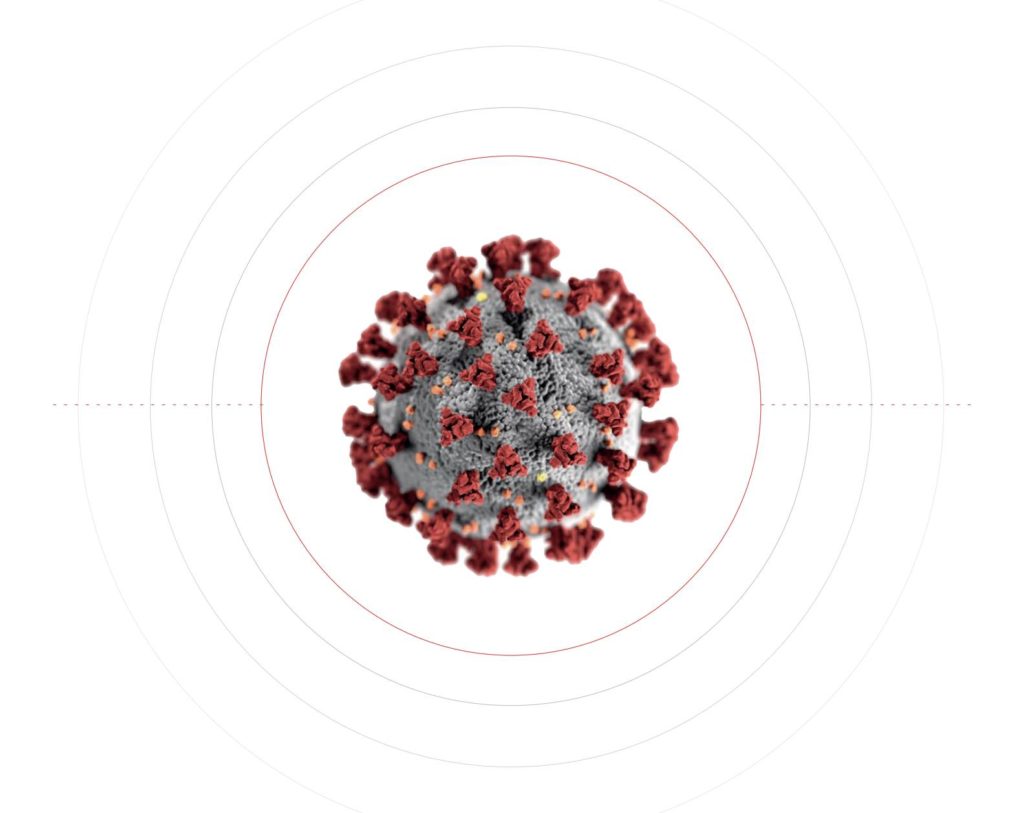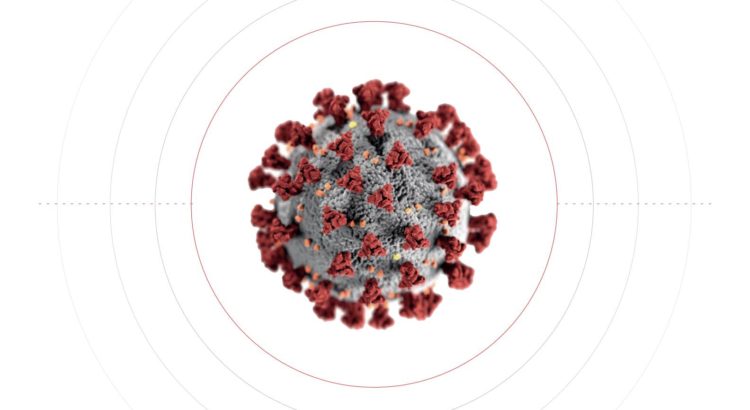
Known potential, late-onset effects from vaccines that have not yet been ruled out could take months or years to become apparent.
The development of new vaccines against SARS-CoV-2 to the point of temporary approval1 has been the main tool promoted by the Government in the management of COVID-19.2 Clinical trials are ongoing and published follow-up is currently only a median of 2 months from the second dose.3
The vaccine rollout from the Joint Committee on Vaccination and Immunisation (JCVI)4 prioritised people in nine categories according to risk, commencing with care home residents over the age of 80 and working down through the age groups and those either professionally or clinically vulnerable. At the time of writing, roughly 23 million people have had at least one dose.
It is estimated that 99% of those at risk of death from COVID-19 will have been vaccinated when these nine groups have been completed. Trial data claims that there will be good protection (~90%) against serious illness and death.5,6 A new Scottish study suggests transmission might be reduced by immunisation.7 Given that the vast majority of those at risk will be protected against severe disease and death, transmission becomes much less relevant. This is in addition to the added population protection of the acquired immunity provided by those members of the public who have already had and recovered from COVID-19. It is puzzling why this cohort has not been factored into publicised calculations of population immunity.
COVID-19 vaccines are not licensed for use in children. The JCVI advises that only those children at very high risk of exposure and serious outcomes, such as older children with severe neuro-disabilities that require residential care, should be offered vaccination, with clear explanation to parents on the paucity of safety data.8
Given the rapid completion of vaccination of all high-risk groups, it is extremely concerning to hear of a possible rollout to children later this year. In so doing, we are entering into very questionable ethical terrain. The main concerns are as follows:
● All the vaccine trials have specifically excluded children. Effects of the vaccine on children are therefore completely unknown.
● The vaccines being rolled out have only limited short-term safety data and no long-term safety data available.
● Known potential, late-onset effects from vaccines that have not yet been ruled out include adverse immune response to infection,9 neurological disorders,10 autoimmune disease11 and pregnancy related problems12 which could take months or years to become apparent.
● Pfizer-BioNtech and Moderna vaccines involve completely new mRNA vaccine technology which has never previously been given to a large population.
● AstraZeneca, while involving a standard delivery method, still involves presenting DNA fragments to the host cell which will then be taken up by the host to programme for spike protein production rather than the more traditional whole virus or viral protein technologies.13 The recent suspension of this vaccine in over a dozen countries over blood clot fears is cause for concern.14
● Children are at extremely low risk from COVID-19 and no previously healthy child under 15 has died.15 In context, COVID-19 accounted for 0.54% of all childhood deaths in the UK and 6 other countries over the last 12 months.16 Around 30-50% of children remain asymptomatic and admissions to hospital or intensive care are uncommon.
● A small number of children have been reported with Paediatric Inflammatory Multiorgan Syndrome but the vast majority have made a full recovery.17
● It has been suggested that a very small number of children may develop ‘Long Covid’, however given the unknown risks of adverse events from vaccination, this is not a reason to proceed.18
● Children are also much less likely than adults to transmit the virus,19 indeed living or working with young children reduces the risk of severe disease.20 Therefore the argument of ‘protecting others’ is not applicable.
● Limited UK trials on children are designed to look at the immune response with only 300 participants. This trial cannot assure long term safety.
For all of the reasons cited above, it would be highly unethical to vaccinate children who are at such low risk from COVID-19. Any potentially long-term negative outcomes from vaccination are especially important for children, for whom so many more years lie ahead and whose immune and neurological systems are still developing.
Commencing research in children, in advance of published adult long-term safety data, could be in breach of the Nuremberg Code.21 We need not look far back into history to remember the devastating harms a rushed-to-market vaccination can have. Over 1,000 children were permanently disabled with narcolepsy caused by the Pandemrix Swine Flu vaccine. Rapid rollout of a new vaccine for Dengue fever resulted in the deaths of 10 children in the Philippines, not at the time of the vaccination but months later when they next encountered the Dengue virus. To repeat any such mistakes here would be unforgivable. The immune system is phenomenally complex and still poorly understood. Experimenting on young children for a disease that carries vanishingly small risks is a road no ethical scientist should walk down. It is a clear departure from the precautionary principle and the scientific experts at HART strongly advise against it.
- Oxford University/AstraZeneca COVID-19 vaccine approved
- Boris Johnson hails 15 million jabs as ‘significant milestone’ – YouTube
- Safety and efficacy of the ChAdOx1 nCoV-19 vaccine (AZD1222) against SARS-CoV-2: an interim analysis of four randomised controlled trials in Brazil, South Africa, and the UK
- Joint Committee on Vaccination and Immunisation: advice on priority groups for COVID-19 vaccination, 30 December 2020 – GOV.UK (www.gov.uk)
- Safety and efficacy of the ChAdOx1 nCoV-19 vaccine (AZD1222) against SARS-CoV-2: an interim analysis of four randomised controlled trials in Brazil, South Africa, and the UK
- Information for Healthcare Professionals on Pfizer/BioNTech COVID-19 vaccine
- Effect of vaccination on transmission of COVID-19: an observational study in healthcare workers and their households
- Greenbook chapter 14a_v6 (publishing.service.gov.uk)
- Immunization with SARS coronavirus vaccines leads to pulmonary immunopathology on challenge with the SARS virus
- AS03 adjuvanted AH1N1 vaccine associated with an abrupt increase in the incidence of childhood narcolepsy in Finland – PubMed (nih.gov)
- Immune thrombocytopenic purpura (ITP) associated with vaccinations: a review of reported cases. https://pubmed.ncbi.nlm.nih.gov/25427992/
- The risks of using allogeneic cell lines for vaccine production: The example of Bovine Neonatal Pancytopenia
- Types of vaccines for COVID-19
- EU countries pause AstraZeneca’s covid-19 jab over safety fears
- Deaths registered weekly in England and Wales, provisional
- Clinical characteristics of children and young people admitted to hospital with COVID-19 in United Kingdom: prospective multicentre observational cohort study
- Children and young people remain at low risk of COVID-19 mortality – The Lancet Child & Adolescent Health
- Vaccinating children to prevent long covid? More caution is needed in interpreting current epidemiological data | The BMJ
- Incidence and Secondary Transmission of SARS-CoV-2 Infections in Schools
- Enhanced surveillance of COVID-19 in education settings
- The Nuremberg Code (1947)


